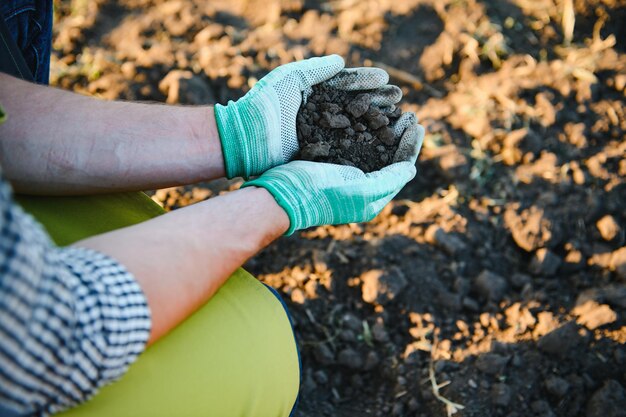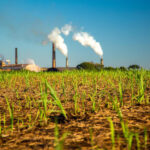In recent years, biochar has gained attention for its potential to improve soil health and boost agricultural productivity. Biochar, a carbon-rich material derived from burning organic matter in low-oxygen environments, can be highly beneficial for South African farmers. Its unique properties enhance soil quality, help retain water, and increase nutrient availability, all of which are crucial in the diverse and often challenging South African climate.
1. Understanding Biochar
Biochar is created through pyrolysis—a process that heats organic materials like wood, crop residues, or manure at high temperatures in a low-oxygen environment. The result is a charcoal-like substance with a porous structure and a high carbon content. Biochar can hold nutrients, water, and beneficial microbes, which can then be gradually released to improve soil quality over time.
2. Benefits of Biochar for South African Soils
In South Africa, where soil degradation, nutrient depletion, and water scarcity are significant challenges, biochar offers several advantages:
- Water Retention: Biochar improves the soil’s ability to retain water, which is essential in drought-prone regions. Its porous structure allows it to store water like a sponge, helping plants survive during dry spells.
- Nutrient Availability: Biochar can hold onto essential nutrients, such as nitrogen and potassium, and prevent them from leaching out of the soil. This reduces fertilizer costs and ensures plants have access to nutrients over time.
- Soil pH Balance: Many South African soils are acidic, which can hinder plant growth. Biochar helps balance soil pH, making the environment more favorable for crop cultivation.
- Enhanced Microbial Life: Biochar provides a habitat for beneficial soil microbes, which play a crucial role in breaking down organic matter and making nutrients accessible to plants.
- Carbon Sequestration: Biochar is stable and stores carbon in the soil for centuries, helping to mitigate climate change by reducing atmospheric carbon dioxide levels.
3. How to Produce and Apply Biochar
To get started with biochar, consider the following steps:
- Production: Small-scale farmers can produce biochar using crop waste, wood chips, or even manure. A simple method involves creating a low-oxygen environment using a trench or drum, heating the biomass without letting it burn completely.
- Application Rate: For most soils, an application rate of 2-5 tons of biochar per hectare is sufficient. It’s important to start with smaller amounts, observe the soil’s response, and gradually increase if needed.
- Mixing with Compost or Fertilizer: Biochar can be combined with compost or manure before application, as it binds with nutrients and organic matter. This “charging” process helps prevent biochar from initially absorbing nutrients from the soil, which could cause nutrient deficiencies.
- Incorporation into Soil: Biochar should be incorporated into the top 10-20 centimeters of soil. This ensures that it is in the root zone, where it can interact with plant roots and soil microbes.
4. Best Practices for Biochar Use in South Africa
- Consider Soil Type: Biochar works best in sandy and degraded soils that lack organic matter. Farmers with clay soils may see less impact on water retention but can still benefit from improved nutrient retention and microbial activity.
- Monitor Soil pH: While biochar generally improves acidic soils, applying too much can raise pH levels too quickly. Regularly test soil pH to ensure it remains within an optimal range for crop growth.
- Seasonal Application: Apply biochar before planting season, ideally mixing it into the soil while preparing the fields. This gives biochar time to integrate with the soil and build beneficial microbial communities.
- Irrigation Practices: In regions with low rainfall, combining biochar with effective irrigation techniques (like drip irrigation) can maximize water retention and reduce water usage.
5. Economic and Environmental Benefits
Using biochar can reduce the need for fertilizers and irrigation, lowering costs in the long term. Additionally, biochar production can be a sustainable solution for managing crop residues, reducing the need for burning or disposal. By integrating biochar, farmers contribute to environmental sustainability, as the carbon captured in biochar remains sequestered in the soil, aiding South Africa’s carbon reduction goals.
For South African farmers facing challenges with soil degradation, water scarcity, and climate change, biochar application is a promising tool. It offers a way to improve soil quality, boost crop yields, and reduce reliance on external inputs, all while enhancing environmental sustainability. By incorporating biochar into their soil management practices, farmers can build resilient and productive agricultural systems suitable for the country’s diverse growing conditions.







